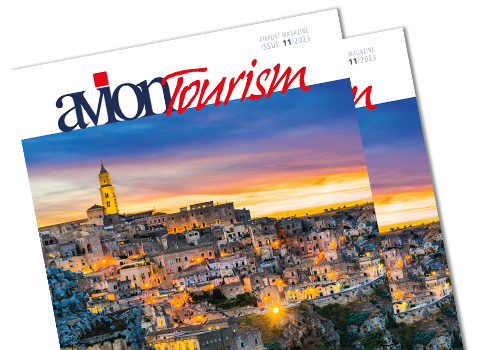30 September 2018
Assistance to passengers with disability and reduced mobility
How do I request assistance at the airport and during the flight?
The passenger with disability or reduced mobility (PRM) must request assistance from the airline, its agent or the tour operator with whom the flight booking was made with at least 48 hours’ notice prior to the published departure.
The airline that receives the request for assistance must reserve the service with the managing bodies of the airports of departure, arrival and transit at least 36 hours prior to the published departure of the flight.
Passengers have the right to be informed in advance about the airline that operates the flight (operative air carrier) when it is different from the one with which the flight was booked (contractual air carrier).
The forms of assistance to passengers with disability and reduced mobility

Passengers in airport. Photo: Sisterscom.com, Shutterstock
The forms of assistance supplied by the airport manager to the PRM are free of charge and allow them to:
· be received at the airport, using designated points inside and outside the terminal
· move from a designated point to the check-in desk
· complete the check-in formalities for passenger and baggage
· proceed from the check-in desk to the aircraft, passing through emigration, customs and security checks
· board and disembark the aircraft, using lifts, wheelchairs or other specific means of assistance
· proceed from the aircraft door to the seat and vice versa
· place hand luggage on board and retrieve it, as well as any wheelchair or other device taken on board
· proceed from the aircraft to the baggage claim area and collect luggage, and complete immigration and customs formalities
· be accompanied to a designated point
· take connecting flights, if the PRM is in transit, with assistance in the terminals and between terminals, according to specific needs
· be assisted at the airport, upon request, by the travel companion for boarding and disembarking operations
· receive, based on 48 hours’ prior notice, ground assistance for all devices needed for mobility
· receive ground assistance for approved assistance dogs, where appropriate
· be able to access flight information.
IDENTIFICATION ABBREVIATIONS OF GROUND ASSISTANCE SERVICES SHARED
BLND: Blind and visually impaired passengers
WCHR: Passengers who are unable to walk long distances, but able to walk up and down the stairs and move along autonomously
WCHS: Passengers who are unable to walk long distances and to walk up and down the stairs, but are self-sufficient on board the aircraft
WCHC: Passengers who are completely immobile, who are not self-sufficient on board the aircraft and require full assistance
DEAF: Passengers with hearing impairment
DPNA: Passengers with mental or behavioural disability.
For further information you may be interested in:
Edited by Alisè Vitri
Source: www.europa.eu, Enac (Italian Civil Aviation Authority) www.enac.gov.it
Photos: Sisterscom.com / Shutterstock
Photos: Sisterscom.com / Shutterstock
All rights reserved. Reproduction prohibited.
Copyright © Sisterscom.com
You might be interested in
Useful Info

Passenger rights
Rights of the passenger with disability and reduced mobility
What are the rights of a passenger with a disability or reduced mobility?
Useful Info

Passenger rights
Compensation in the event of loss of or damage to baggage
What compensation is envisaged by law if my baggage is lost or damaged during the flight?
Useful Info

Passenger rights
The passengers’ bill of rights
Who is responsible for the security of the air transport and passengers' rights?

